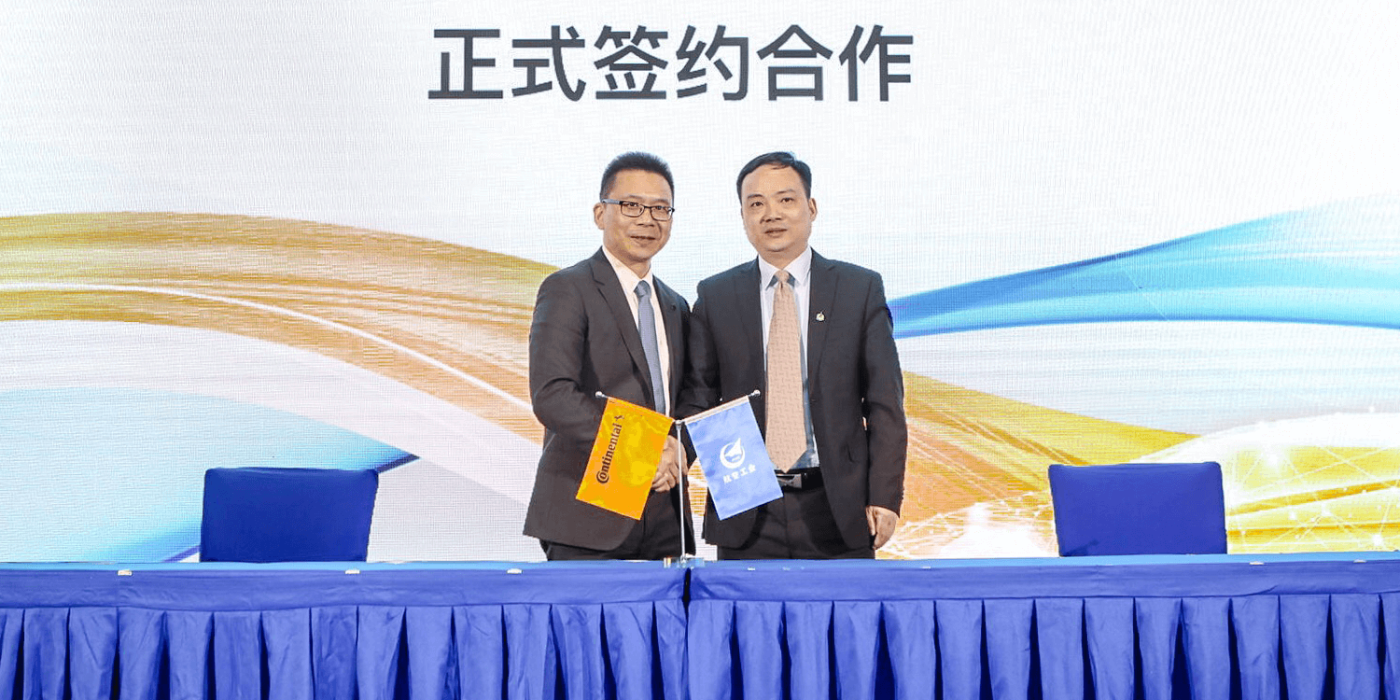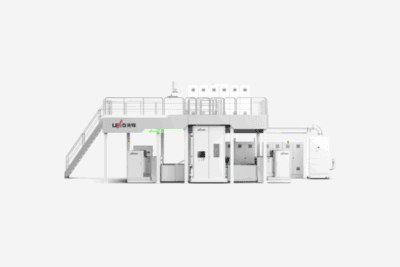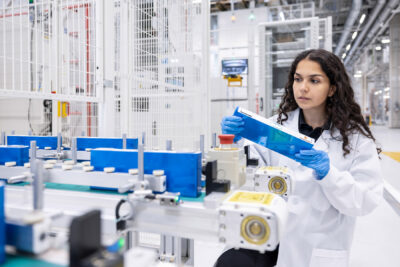Continental and CITC found JV for 48-volt systems
Continental and the Chinese battery cell manufacturer CITC have signed a contract for a joint venture where they plan to develop and manufacture 48-volt battery systems for the automobile industry.
The joint venture, which is 60 % owned by Continental and 40% by CITC, will have its HQ in China but has a global outlook. It will be active in several Asian markets, including the CITC native China, as well as in North America and Europe. The headquarters will be located in Changzhou, and operations are set to begin in the middle of 2018.
The main focus will be the development of a new battery platform, which will work with all conventional 48 volt topologies, up to a performance of 25 kW. Battery cells will be supplied by CALB, a CITC subsidiary, while Continental plans to supply battery management systems. The integration of components into battery systems and customer-specific development and vehicle integration will then be covered by the joint venture.
CITC belongs to the Chinese AVIC corporation and has a variety of competencies, thanks to its daughter company CALB (China Aviation Lithium Battery Co. Ltd.), particularly surrounding the production and development of lithium-ion cells. Through the joint venture, Continental will be able to produce its 48-volt mild hybrid system, which was released in early 2017, entirely in-house. Continentals mild hybrid system are said to allow for a significant reduction of CO2 and pollutant emissions for a low cost on diesels and gas-powered cars. The joint venture partners expect that by 2025 around 14% of all new cars will use this type of mild hybrid system.
Continental considering solid-state technology for high voltage batteries
Continental is also ready to look into solid-state batteries and production. For the small 48-volt batteries used in mild hybrid systems, lithium-ion battery cells were an efficient, economical and sufficiently developed technology. High voltage batteries for dedicated electric vehicles will require a bigger jump in technology standards, however. The reason for this are the demanding requirements for energy density, costs and performance. “According to battery experts, this technological jump may take place in just a few years, thanks to solid-state battery technology. If the expectations are met, Continental could imagine entering into serial production of the innovative technology, including the manufacturing of the battery cells,” was said in a press statement by Continental. So while Bosch recently decided against entering the development of solid-state technology, this option is not off the table for Continental it appears.





0 Comments